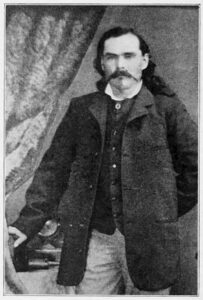
In October 2020, during the final stretch of the U.S. presidential election, the New York Post published a story that would ignite one of the most politically charged controversies of the campaign season. The report claimed that a laptop allegedly belonging to Hunter Biden—the son of then-presidential candidate Joe Biden—contained emails and files suggesting Hunter had introduced a Ukrainian businessman to his father. The story implied potential ethical concerns surrounding Biden’s knowledge of or involvement in his son’s foreign business dealings.

According to the article, the laptop had been left at a computer repair shop in Delaware and was never retrieved. The shop owner reportedly provided a copy of the hard drive to Rudy Giuliani, personal attorney to then-president Donald Trump. This connection, combined with the unverified content and the last-minute nature of the revelation, caused many to question the story’s credibility and origin (New York Post, 2020).
Just days after the story broke, 51 former U.S. intelligence officials released a public letter expressing concern that the story bore “all the classic earmarks of a Russian information operation.” These officials included former CIA Directors John Brennan, Leon Panetta, and Michael Hayden, as well as former Director of National Intelligence James Clapper. They did not claim evidence of Russian involvement, but their professional judgment led them to issue a cautionary warning about the timing and structure of the laptop story (Politico, 2020).
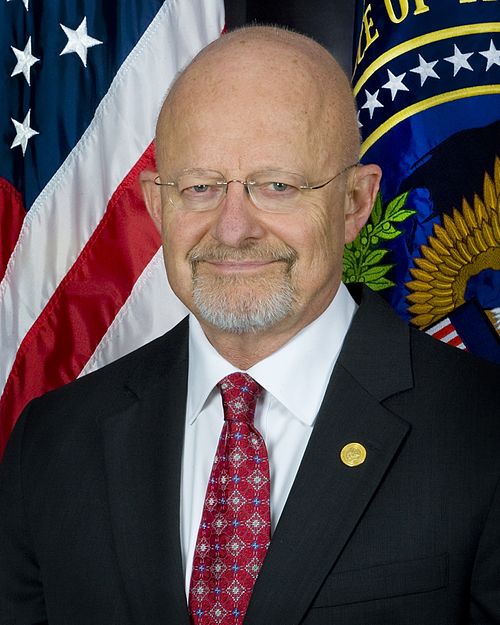
Following the letter’s release, major media outlets and tech companies took steps to slow or restrict the spread of the New York Post story. Twitter temporarily blocked users from posting links to the article, and Facebook reduced its visibility on the platform. These actions led to accusations of censorship, with critics arguing that the suppression of the story may have influenced voter knowledge and trust in the lead-up to the election (New York Times, 2020; Forbes, 2020).
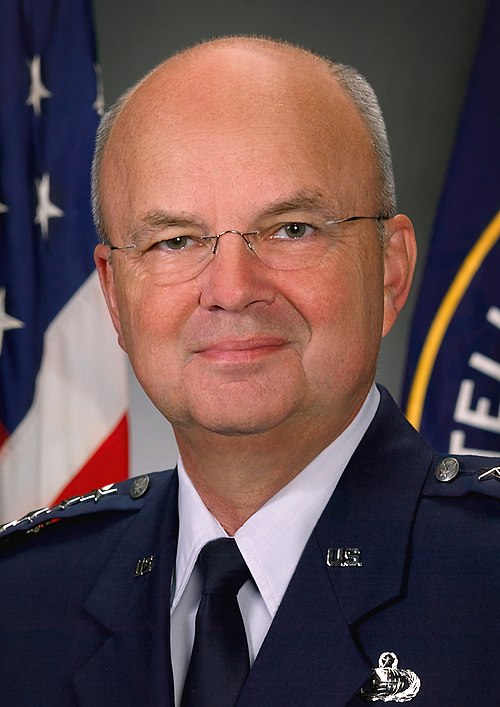
During the final presidential debate on October 22, 2020, then-candidate Joe Biden addressed the controversy surrounding Hunter Biden’s laptop. He referenced a public letter signed by 51 former intelligence officials, stating that the laptop story had “all the classic earmarks of a Russian information operation.” Biden used this letter to suggest that the allegations stemming from the laptop were part of a smear campaign linked to Russian disinformation efforts. Referencing the letter enabled Biden to redirect scrutiny during the debate, countering accusations made by Trump and potentially influencing some voters to view Biden more favorably while casting doubt on Trump’s claims.
Over time, new evidence began to surface supporting the laptop’s authenticity. In March 2022, The New York Times confirmed that several emails from the computer were genuine and had been verified by individuals involved in the federal investigation into Hunter Biden (New York Times, 2022). Similarly, The Washington Post conducted its forensic analysis and verified thousands of emails as authentic (Washington Post, 2022). These findings stood in contrast to the earlier warnings and skepticism.
In June 2024, Hunter Biden was convicted on charges related to the illegal purchase of a firearm in 2018. Prosecutors utilized data from his laptop to show that he had provided false information about his drug use during the firearm acquisition. This case directly connected the laptop’s contents to illegal activity. Broader allegations concerning financial misconduct and involvement by President Joe Biden remain unproven in a court of law.
Further confirmation came during a June 2024 federal trial in which FBI agents testified that the laptop was indeed Hunter Biden’s and that the data had not been manipulated. The agents stated that the laptop’s contents matched data from Hunter Biden’s Apple iCloud account, confirming the files were genuine (New York Times, 2024).
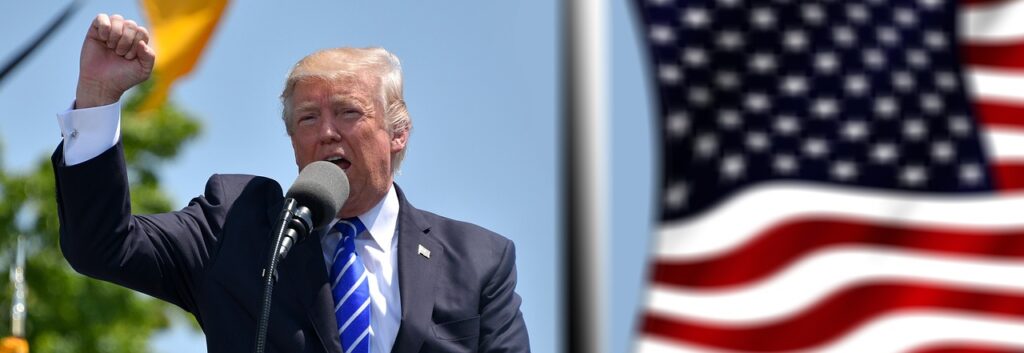
Despite these confirmations, none of the original 51 intelligence officials have retracted their letter. Some, such as James Clapper, later clarified that the media misrepresented it. Clapper emphasized that the letter warned of potential disinformation rather than asserting confirmation (Washington Examiner, 2023).
The impact of the laptop story—and its suppression—on the 2020 presidential election remains a topic of debate. Some polls have suggested that knowledge of the laptop’s authenticity might have influenced voter decisions. A 2022 Technometrica Institute poll reported that 79% of Americans believed a truthful reporting of the story could have changed the election outcome (Newsweek, 2022). However, others argue that while the story raised questions, it did not provide concrete evidence of wrongdoing by Biden.
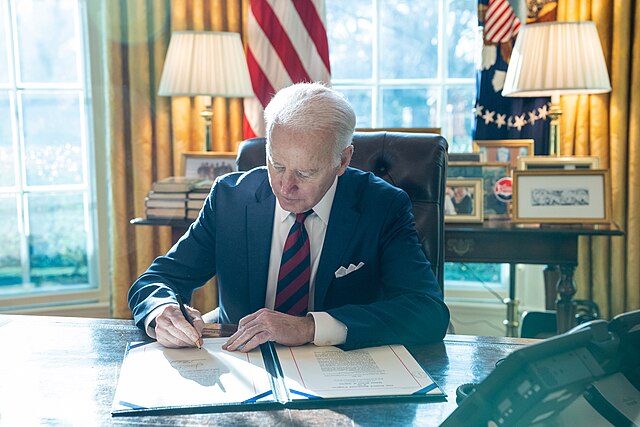
In January 2025, President Donald Trump revoked the security clearances of the 51 intelligence officials who signed the 2020 letter. The action was described as an effort to hold them accountable for what was framed as interference in the democratic process (White House, 2025).
The Hunter Biden laptop story represents a case study in the intersection of intelligence, politics, media, and technology. While the former officials were proper to urge caution in the face of potential foreign interference, the later confirmations of the laptop’s authenticity raise questions about how the story was initially handled. It also illustrates the difficulty in distinguishing between necessary caution and harmful suppression in a politically charged environment.
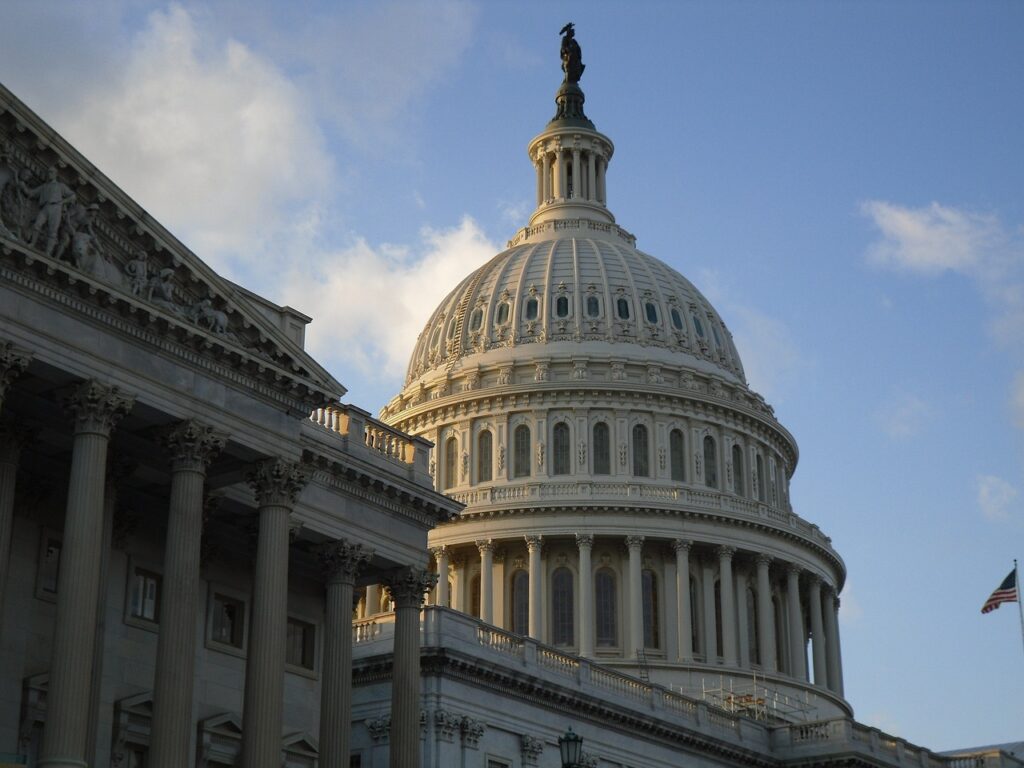
Works Cited
Forbes. “Facebook Will Limit Spread of New York Post Story About Hunter Biden.” 14 Oct. 2020. www.forbes.com/sites/rachelsandler/2020/10/14/facebook-will-limit-spread-of-new-york-post-story-about-hunter-biden
New York Post. “Smoking-gun email reveals how Hunter Biden introduced Ukrainian businessman to VP dad.” 14 Oct. 2020. nypost.com/2020/10/14/email-reveals-how-hunter-biden-introduced-ukrainian-biz-man-to-dad
New York Times. “Twitter, Facebook Limit Sharing of Post Article on Hunter Biden.” 15 Oct. 2020. www.nytimes.com/2020/10/15/technology/twitter-facebook-hunter-biden.html
New York Times. “Hunter Biden Paid Tax Bill, but Broad Federal Investigation Continues.” 16 Mar. 2022. www.nytimes.com/2022/03/16/us/politics/hunter-biden-investigation.html
New York Times. “FBI Confirms Hunter Biden Laptop as Evidence in 2024 Trial.” 5 Jun. 2024. www.nytimes.com/2024/06/05/us/hunter-biden-trial-laptop.html
Newsweek. “Hunter Biden Laptop: Majority Say Accurate Story Would Have Changed 2020 Election.” 27 Oct. 2022. www.newsweek.com/hunter-biden-laptop-voters-2020-election-poll-1754170
Politico. “Hunter Biden story is Russian disinfo, dozens of former intel officials say.” 19 Oct. 2020. www.politico.com/news/2020/10/19/hunter-biden-story-russian-disinfo-430276
Washington Examiner. “James Clapper Blames Media for Misrepresenting Hunter Biden Laptop Letter.” 16 Feb. 2023. www.washingtonexaminer.com/news/white-house/2023/02/16/james-clapper-blames-politico-hunter-biden-laptop-letter
Washington Post. “Thousands of Hunter Biden Emails Verified.” 30 Mar. 2022. www.washingtonpost.com/technology/2022/03/30/hunter-biden-laptop-data-examined
White House. “Statement on Revoking Security Clearances of Former Officials.” 25 Jan. 2025. www.whitehouse.gov/briefing-room/statements-releases/2025/01/25/revoking-security-clearances-of-former-officials-who-misled-public



